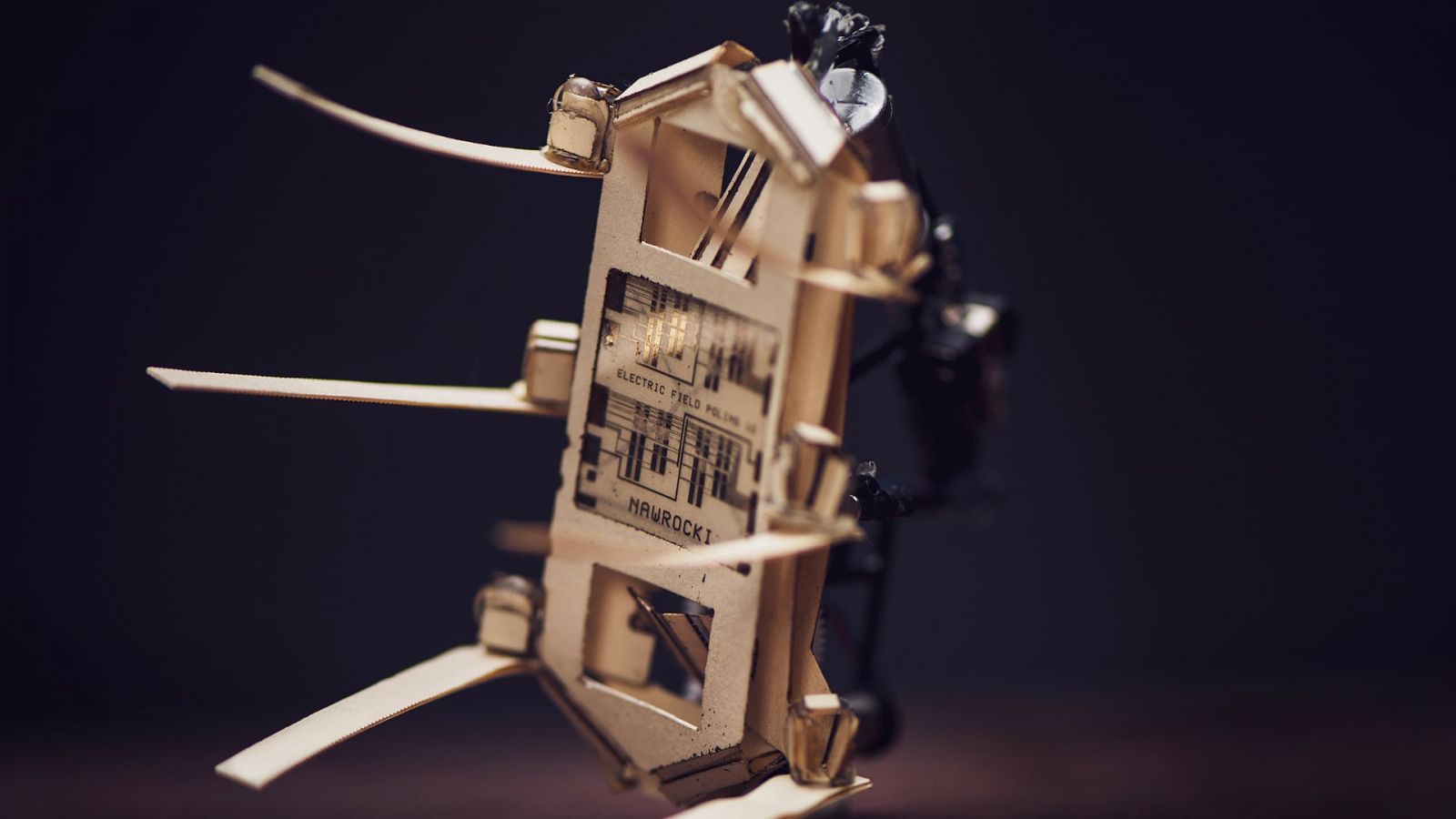
Dairy farmers have new tools to help monitor the health of their herd: pill-sized robots with artificial intelligence.
The robotic pills are being developed by Richard Voyles, professor of electrical and computer engineering technology and head of the Collaborative Robotics Lab, and his engineering and agriculture colleagues. They’re working on two research projects to supply livestock and dairy farmers with in-depth data on the status of their herd, including illness or anxiety.
Farmers who grow crops like corn can use drones to fly over their fields to determine plant health. To monitor the health of a herd of cows, farmers need inside information — that is, data that is literally inside of each animal. Voyles and his colleagues are developing a millipede-inspired locomotion system that will help pill-size robots, ingested by the cows, navigate within the animals’ stomach chambers.

“Cow stomachs are constantly experiencing contractions and are moving stuff around as they convert indigestible to digestible protein,” said Voyles. “We really need to stay inside the stomach chamber because it’s very complex, very stratified. But what happens is the pill always ends up in the wrong place if they are not robotic.”
In addition to tiny mechanisms for locomotion, the ingestible pills will carry sensors that will transmit data to collars that cows will wear around their necks. In the second phase of the research, farmers will collect data from a herd’s collars via cellular or Wi-Fi signals. Researchers hope that the data will help farmers pinpoint individual cows that are sick, allowing them to apply antibiotics or other nutritional supplements only to animals in need rather than to entire herds.
“In crop agriculture, we don’t care about individual ears of corn or grains of wheat compared to an entire field,” said Voyles. “But we care about individual cows or pigs. Each individual animal eats differently and gets sick differently. Treating animals well increases productivity by as much as 15%. It’s a substantial increase.”
Read the full Purdue News article.

